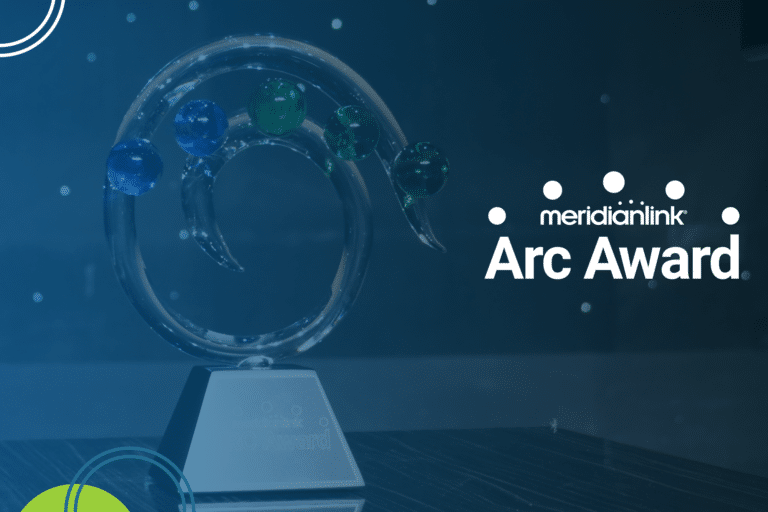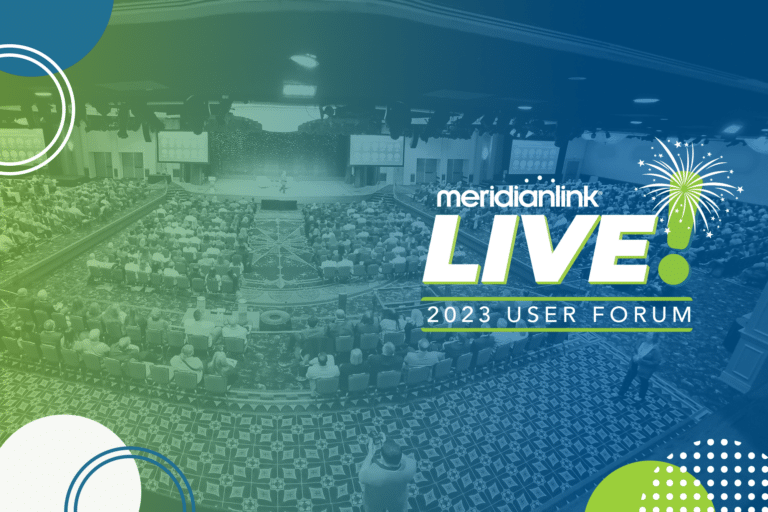The regulatory compliance landscape is extremely complex, particularly when it comes to debt collections. However, compliance plays a critical role in protecting borrowers—including those who’ve fallen into delinquency—and helping banks and credit unions effectively manage their debt collection efforts.
Debt collection compliance rules help keep banks and credit unions from breaking laws and protect borrowers from harassment if their payments are delinquent. In addition, these regulations protect members of the U.S. armed forces from collection actions and foreclosures during their time in service.
Financial institutions that break these laws pay hefty government fines, and they may also lose future business if debtors share negative experiences with their banks or credit unions.
Luckily, software such as MeridianLink® Collect can help financial institutions navigate debt collection compliance rules to avoid some of these critical mistakes. But even with a robust tech solution in place, collection teams should be familiar with the Fair Debt Collection Practices Act and its contents:
What Is the Fair Debt Collection Practices Act?
The federal Fair Debt Collection Practices Act (FDCPA) regulates how debt collectors operate and doesn’t allow them to use abusive, deceptive, or unfair practices to collect debts from consumers.
The FDCPA doesn’t apply to financial institutions, such as community banks and credit unions, that collect debts in their own names or debts they originated but ultimately sold and continue to service. However, it’s still advisable for banks and credit unions to follow these regulations and avoid abusive practices.
One of these compliance rules governs how many times a debt collector can call a debtor. The FDCPA prohibits a debt collector from calling a borrower about a specific debt more than seven times in seven consecutive days.
And a debt collector who speaks with a debtor cannot call that debtor again about the same debt within seven consecutive days of their conversation. However, a debt collector is allowed to call a debtor more often if that individual owes more than one debt.
Additionally, the FDCPA requires that debt collectors who send consumers emails, texts, or other electronic communications also provide a way for those debtors to easily opt out of receiving those communications.
The regulation also prohibits debt collectors from contacting debtors by sending emails to their work emails. However, debt collectors are allowed to contact consumers if those consumers used their work emails to communicate with the debt collectors and they have not opted out of receiving emails or they have given collectors permission to contact them via their work emails and have not revoked that permission.
And the Servicemembers’ Civil Relief Act (SCRA) offers legal and financial protections to active duty members of the U.S. Air Force, Army, Coast Guard, Navy, and Marines. While FDCPA just applies to debt collectors, the SCRA applies to all creditors.
How MeridianLink Collect Helps Maintain Debt Collection Compliance
MeridianLink Collect is a cloud-based software that aims to streamline the debt collection process. Collect helps banks and credit unions easily manage collections by maintaining compliance with these regulations.
For instance, Collect tracks the number of outbound calls that debt collectors make, comparing that number to the number of calls allowed within a seven-day period. Collect also recognizes when the collector speaks with the debtor about the account and ensures that the collector waits the required number of days before contacting the debtor again about the same debt.
Collect also ensures that debt collectors only communicate with debtors during compliant times (after 8 a.m. and before 9 p.m.), no matter where the consumer lives. Collect makes sure that collectors know which consumers have opted out of receiving electronic communications.
Additionally, Collect makes certain that mobile phone numbers that have been reassigned to other consumers and no longer belong to the debtors do not receive text communications.
Another feature of Collect ensures that collectors don’t send emails to debtors’ work email addresses unless those consumers used their work emails to communicate with the collectors, they haven’t opted out of receiving email communications, or they’ve given debt collectors permission to contact them via their work emails and have not rescinded permission.
And in the case of active-duty servicemembers, Collect flags their accounts to prevent debt collectors from contacting them as per SCRA guidelines.
MeridianLink has dedicated compliance experts and in-house counsel who continually evaluate the ever-changing regulatory compliance landscape. If a regulation/law goes into effect that impacts the world of collections (first-/third-party), Collect will work with compliance to ensure the system is updated with certain tools to help applicable parties comply with the new regulation or law.
MeridianLink Collect will continue to build a system around client needs and the ever-changing industry.
To learn more about how these compliance rules play a part in the MeridianLink Collect system, feel free to set up a demo with our product team.
Learn More: Request a Demo






